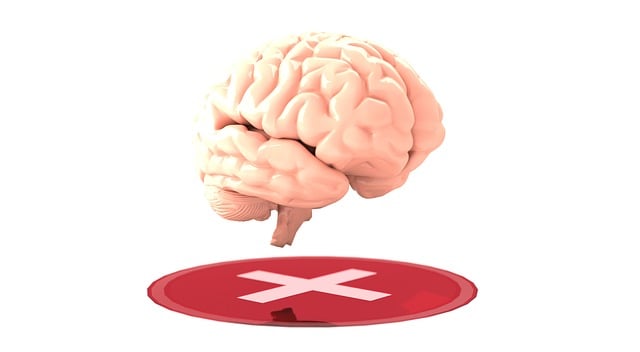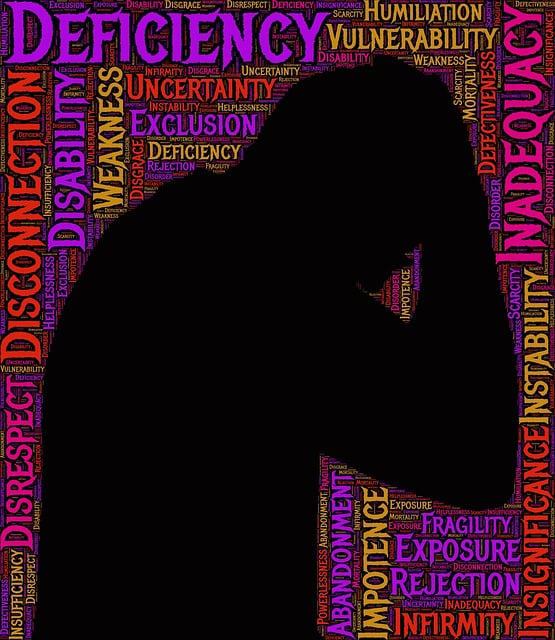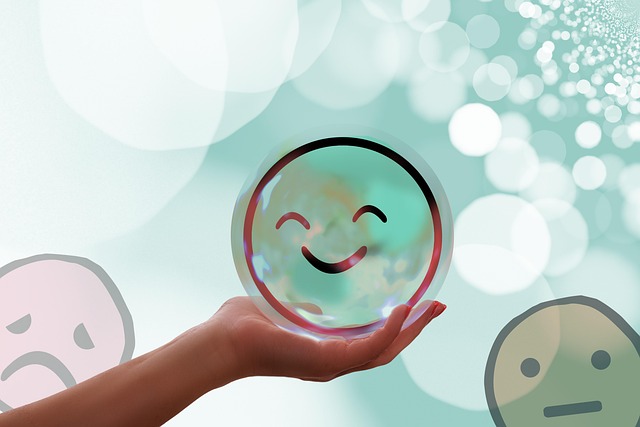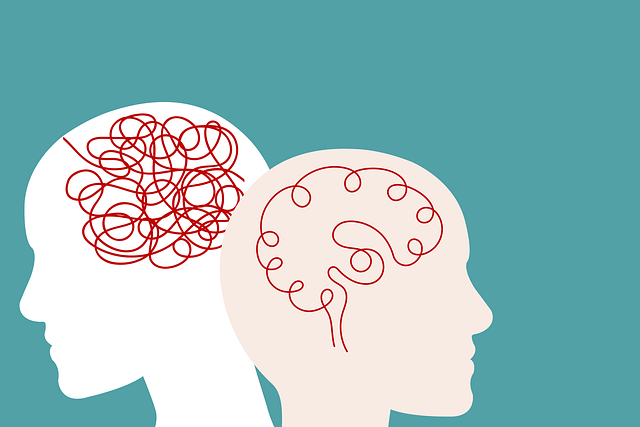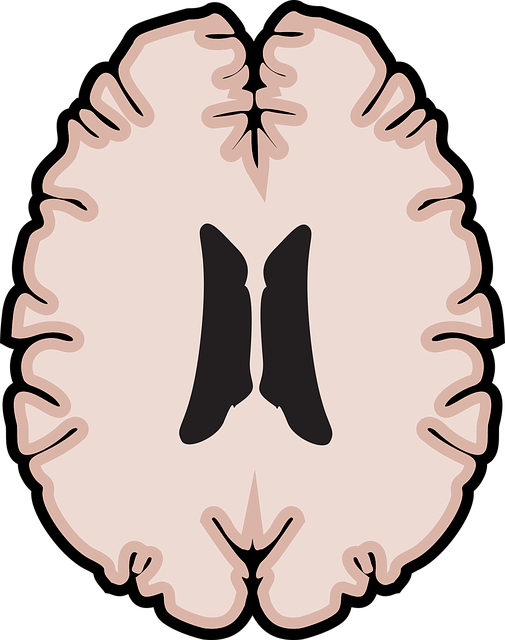Mental wellness journaling, facilitated by resources like Lafayette Independent Medical Evaluations Therapy (LIME), is a self-care practice enhancing therapy outcomes and promoting personal growth. By documenting thoughts and emotions in a structured format, individuals can track mental health progress, identify patterns, and improve self-esteem. LIME offers guidance on effective journaling techniques, encouraging consistency and reflection through prompts focused on gratitude, critical thinking, and positive mindset development. This practice serves as a bridge between therapy sessions, fostering better communication strategies for improved overall well-being.
Unwind and reconnect with yourself through the transformative power of mental wellness journaling. This article guides you on a journey of self-discovery, offering practical steps to establish a meaningful journaling practice. From understanding its benefits to integrating Lafayette Independent Medical Evaluations Therapy techniques, we’ll explore prompts and topics tailored for emotional well-being. Discover how this simple yet powerful tool can enhance your mental health and foster personal growth.
- Understanding Mental Wellness Journaling
- Setting Up Your Journaling Practice
- What to Write About in Your Journal
- Integrating Lafayette Independent Medical Evaluations Therapy into Your Routine
Understanding Mental Wellness Journaling

Mental wellness journaling is a powerful tool for self-reflection and personal growth. It involves documenting thoughts, feelings, and experiences in a structured manner to gain insights into one’s mental state. By jotting down daily reflections, individuals can identify patterns, process emotions, and track their progress over time. This practice is not just about recording events; it’s a form of self-care that encourages mindfulness and fosters better communication strategies both with oneself and others.
For those seeking support in managing their mental health, Lafayette Independent Medical Evaluations Therapy offers valuable resources. The therapy sessions often incorporate guidance on effective mental wellness journaling techniques to enhance self-esteem improvement. This practice can serve as a bridge between therapy sessions, allowing individuals to continue their emotional journey outside of the clinical setting. Through consistent journaling, one can develop a deeper understanding of their thoughts and behaviors, ultimately contributing to improved mental wellness.
Setting Up Your Journaling Practice

Starting a journaling practice for mental wellness is an empowering step towards self-care and personal growth. To begin, find a quiet space where you can be undisturbed. Your journal should be a sanctuary from daily distractions, allowing your thoughts to flow freely. Choose a format that suits your preferences; it could be a traditional notebook or a digital document. Incorporate prompts like “What am I grateful for today?” or “What challenges did I face and how did I overcome them?” to guide your reflection. Consistency is key; aim for a regular journaling routine, whether it’s daily or weekly, to develop a healthy habit.
Consider using Lafayette Independent Medical Evaluations Therapy resources or joining a support group that promotes stress management workshops. These initiatives often include exercises to enhance positive thinking and build confidence, further enriching your wellness journey. Remember, journaling is a deeply personal practice; tailor it to your needs, and let your words weave a tapestry of self-discovery and mental resilience.
What to Write About in Your Journal

When engaging in mental wellness journaling, there’s a vast array of topics to explore, offering a safe space for introspection and self-expression. Start by documenting your daily emotions, thoughts, and experiences. Reflect on events that occurred during your day, particularly those that triggered any feelings of stress, anxiety, or joy. For instance, you might write about conversations with friends, challenges at work, or the beauty of nature. This process helps in identifying patterns and triggers, a crucial step in navigating mental health issues.
Incorporating Lafayette Independent Medical Evaluations Therapy (LIMET) techniques into your journaling practice can be immensely beneficial. Consider using prompts that encourage analysis and critical thinking, mirroring the approach of Mental Health Policy Analysis and Advocacy. Explore your feelings about various aspects of life, such as relationships, career, or hobbies. The goal is to delve deeper into what makes you tick and understand any underlying issues. Additionally, reflecting on Mind Over Matter Principles can empower you to shift perspectives and cultivate a more positive mindset, which is vital for depression prevention and overall mental wellness.
Integrating Lafayette Independent Medical Evaluations Therapy into Your Routine

Integrating Lafayette Independent Medical Evaluations Therapy (LIME) into your mental wellness journey can be a powerful step towards achieving emotional balance and enhancing overall well-being. LIME offers a unique approach to therapy, focusing on evidence-based techniques to improve emotional regulation and positive thinking. By incorporating this practice into your daily routine, you’re taking a proactive stance against stress management challenges.
The beauty of LIME lies in its adaptability; it provides tools tailored to individual needs, ensuring that each session is relevant and impactful. Through regular reflection and guided exercises, individuals learn to identify and manage stressors effectively, fostering a sense of control over their mental health. This holistic approach encourages personal growth and empowers individuals to navigate life’s challenges with resilience and a newfound perspective.
Mental wellness journaling is a powerful tool for self-reflection and growth. By combining this practice with the structured approach of Lafayette Independent Medical Evaluations Therapy, individuals can create a holistic care plan tailored to their unique needs. Through regular expression and exploration of thoughts and emotions, one can gain valuable insights and foster resilience. Incorporating this simple yet effective technique into your daily routine may just be the key to unlocking improved mental wellness and overall well-being.



